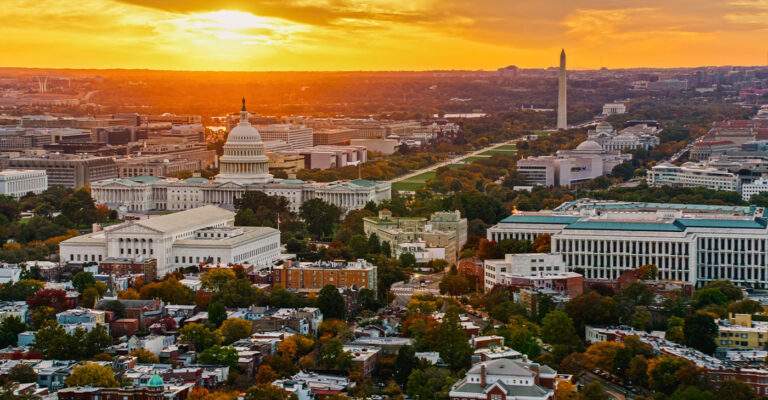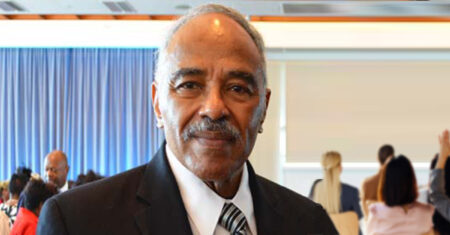By Lauren Burke
For 54 years, the Congressional Black Caucus Foundation’s Annual Legislative Conference has taken place in Washington, DC. This year, there’s a more urgent feel at the panels and events. The current Congressional Black Caucus is the largest in history, but several members are now under siege as Republican Governors and MAGA state lawmakers are working to change congressional maps to make it more difficult for Black Democrats to win re-election. “It’s a continuation of what he did before, but it’s taking it to a whole other level of attack,” remarked Congressional Black Caucus Chair Yvette Clarke (D-NY) during a Sept. 24 session with reporters.
The Congressional Black Caucus Foundation’s Annual Legislative Conference, popularly called “CBC Week,” has been a conference that brings together lawmakers, activists, business leaders, and community voices. But this year comes with a distinctly different energy. Against the backdrop of heightened attacks on diversity, Black history, and Black-centered federal policy, there’s a deep discussion. The ramifications of Donald Trump’s presence in the White House, threatening decades of policy impacting Black communities, are always close by.
At a meeting with members of the Black press, CBC Chair Clarke and Reps. Bobby Scott (D-VA), Jennifer McClellan (D-VA), Glenn Ivey (D-MD), Sydney Kamlager-Dove (D-CA), and Wesley Bell (D-MO) spoke candidly on messaging and were asked whether Democrats in Congress have a strategy moving forward. Several members were quick to point out that Democrats are serving in the minority in the House. But there was a specific strategy discussion. “A lot of the stuff that people are asking us about a strategy from a policy standpoint — what are y’all going to do about this? Please keep in mind that the legislative output of the Biden administration was probably the most productive two years, from a legislative standpoint, since LBJ and the Great Society. The stuff that came out during that time period is really extraordinary when you look back at it. The problem was the communications piece. We didn’t do a great job of telling people what came out,” said Rep. Ivey from Maryland.
The challenge of dealing with a rapidly changing media environment that includes changes in ownership of social media platforms by Trump’s associates and friends remains a huge challenge for Democrats. Trump’s decisions have not only spiked already challenging political polarization, but it has also worsened economic uncertainty and put the mood at the annual legislative conference into the realm of sharper urgency. There has also been a realization that actors on the state level will also have to be included in protecting Black communities. As the week continues, there will be a specific discussion on Black wealth building at a time when money into Black communities is threatened by the federal government.






